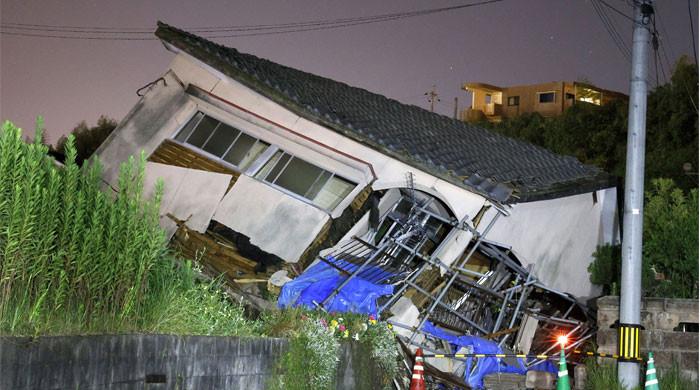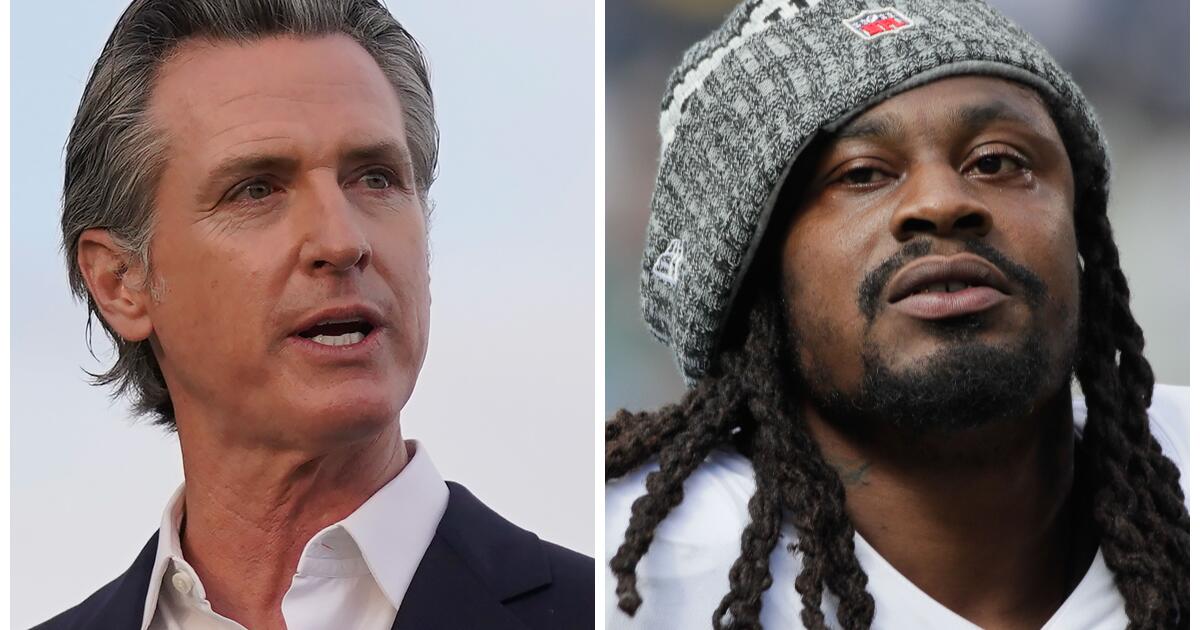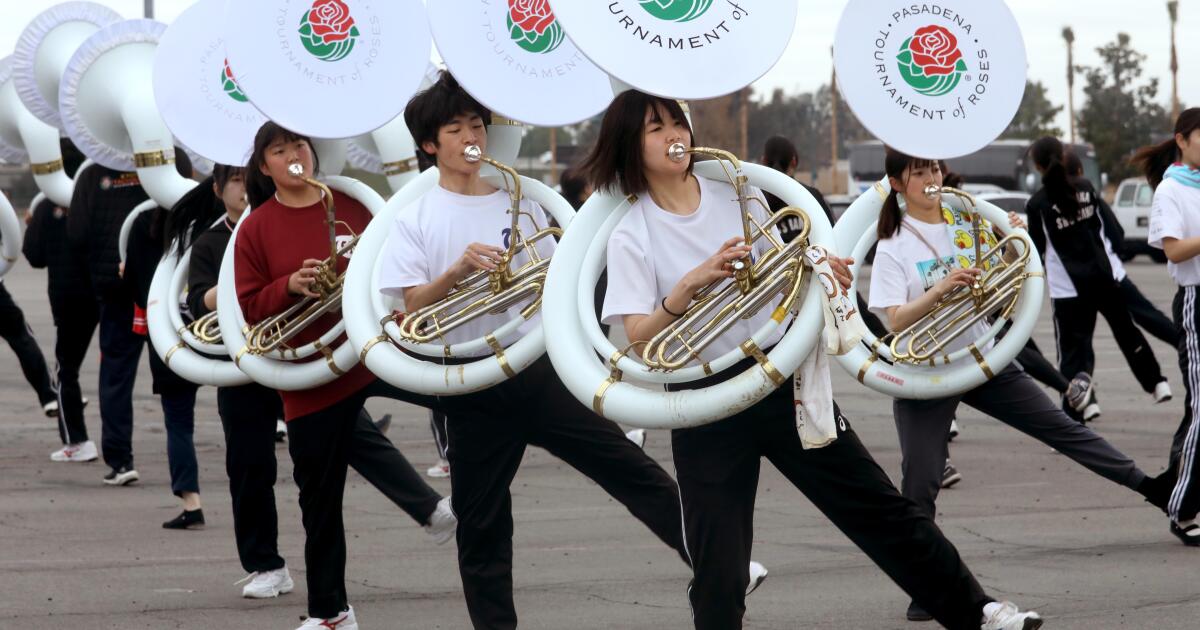The attempted assassination of former President Trump was shocking, but not entirely surprising.
It is shocking because violence is not a way for a civilized people to mediate their political differences.
Not entirely surprising, since the proliferation of guns and incendiary political rhetoric of recent decades — and especially the last few bilious years — made the shooting at a Trump rally in Butler, Pennsylvania, seem like only a matter of time.
The United States is a nation steeped in blood. Mass shootings are almost never recorded anymore, unless the death toll reaches a certain bloody level.
Our gore-filled media—video games, music, big and small screens—not only normalizes violence, they glorify and celebrate it.
The obvious and immediate question is where does a country so fed up and so deeply divided against itself go from here?
Sometimes an event is so surprising and produces such a shock to the central nervous system that it puts an end to our political and cultural wars and gives rise to a period of inner reflection.
The September 11 terrorist attacks were one such moment.
Lawmakers from across the political spectrum gathered on the steps of the U.S. Capitol for an emotional and heartfelt rendition of “God Bless America.”
Over the next few weeks, political rhetoric in Congress and on the campaign trail softened as the country had no stomach for the same old evil.
But the cessation of hostilities proved fleeting.
The horror unleashed in New York City, Washington, and Shanksville, Pennsylvania, by the hijacked airliners has gone from a moment of united outrage and shared resolve to a partisan bludgeon, used primarily by President George W. Bush to promote his reelection bid.
Maybe this time it will be different, although that seems unlikely.
The immediate aftermath of the failed assassination attempt on Trump was familiar, in ways both heartening and disheartening.
President Biden, who was reluctant to shake Trump's hand at last month's debate, called his Republican opponent and expressed relief that he was alive and safe.
“The whole world must condemn” the sickening attack, the president said. “We must come together as one nation.”
In a Sunday night address from the Oval Office, Biden deplored the attack on his Republican rival.
“We cannot, we must not, go down that path in America,” he said in an address to the nation. “There is no place in America for this kind of violence, for any kind of violence. Period. No exceptions.”
Trump posted a similar call for national reconciliation on his social media site, urging citizens to “stand together and show our true character as Americans.”
“We can’t continue like this as a society,” said House Speaker Mike Johnson, a staunch Trump supporter, in his own call for greater civility. “We have to lower the temperature in this country. And we need leaders of all parties on both sides to call this out.”
They were healing gestures at a time of deep unrest.
But barely had the first fragmentary accounts from rural Pennsylvania been recorded when the uglier side of our politics emerged in a barrage of reckless and incendiary claims about a “false flag” operation, a “deep state” conspiracy and, most egregious, claims that Biden was behind the assassination attempt.
“Joe Biden sent the orders,” said Rep. Mike Collins (R-Ga.), who called for criminal prosecution of the president.
However, it was not just the more uncontrolled wing of the Republican Party that tried to turn the assassination attempt into political fodder.
Ohio Sen. JD Vance, considered a finalist to be Trump's running mate, said that “the central premise of Biden's campaign is that President Donald Trump is an authoritarian fascist who must be stopped at all costs.
“That rhetoric,” Vance said, deep in his hearing, “led directly to the attempted assassination of President Trump.”
No political figure of the past generation has done more to degrade American politics, lower the level of acceptable discourse, and promote political violence than Trump.
The fact that someone, whose motives and ideology remain unclear, tried to take his own life has led to inevitable jeers about the use of the word hen in the nest, but such comments only serve to increase tensions, widen our divisions and bring the country closer to a political breaking point.
It does not have to be this way.
Politics is a complicated business and there is room for intense, even vitriolic, debate. Politicians should not shy away from the fray and voters should not hesitate to end the careers of those they dislike or with whom they disagree.
But the instrument must always be the ballot, not the bullets.












